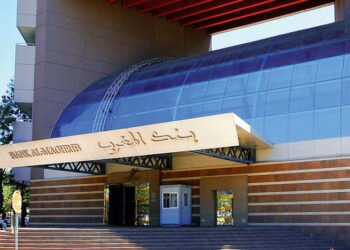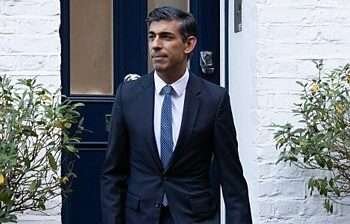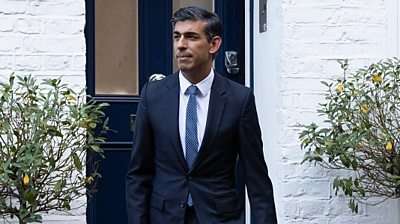Despite the enchanting narrative of recent declines of inflation in the final months of the year 2023, the overarching theme remains a persistent struggle against inflationary pressures as the average inflation rate soared to a 20-year high.
According to data revealed by the Ghana Statistical Service, December 2023 brought a temporary respite, with a recorded inflation rate of 23.2%. This marked a 3.2 percentage point decrease from the preceding month, representing the lowest rate experienced throughout the year. However, the mystique surrounding these magical declines conceals the deeper complexities embedded in the economic fabric.
The positive month-over-month change towards the end of the year provided a glimmer of hope. Yet, the average inflation rate for the entire 2023 stands at a staggering 40.27%. This unsettling figure signifies an 8.81% increase compared to the 2022 average rate of 31.36%, thrusting Ghana into the throes of the highest inflation rate witnessed in over two decades.
The journey of Inflation in Ghana throughout the year was marked by a mystical ebb and flow, with the first eight months carrying the weight of persistently high rates.
The mysterious nature of these fluctuations was particularly pronounced in the lead-up to the International Monetary Fund’s (IMF) board approval of Ghana’s extended credit facility – a pivotal moment in the quest for economic sustainability.
Intriguingly, despite the mystical aura surrounding the economic fluctuations, the 2023 average rate hovers slightly below the projected average rate of 42.2% by the IMF. It also aligns closely with the revised prediction by Fitch Solutions. This alignment prompts contemplation on whether the economic trajectory followed an unseen script or merely danced with the predictions of financial seers.
As Ghana grapples with the aftermath of a year marked by economic instability and uncertainty, attention now turns to the measures and policies that will be summoned to address and stabilize the inflationary pressures.
Ghana’s Ongoing Struggle to Secure an Agreement with External Creditors
This development unfolds against the backdrop of Ghana’s ongoing struggle to secure an agreement with its external creditors for the restructuring of its external debt. The primary aim is to unlock the elusive second tranche of the IMF bailout, adding another layer of complexity to the economic challenges faced by the nation.
The difficulties of negotiating with external creditors pose a critical hurdle for Ghana, as the country endeavors to pass its way through the complexities of financial restructuring.
The successful resolution of these discussions holds the key to accessing the much-needed second tranche of the IMF bailout, injecting a vital lifeline into Ghana’s economic framework.
This external debt restructuring becomes a pivotal chapter in Ghana’s economic narrative, as it seeks to fortify its financial standing amid the persistently high inflation rates.
The outcome of these negotiations will undoubtedly shape the trajectory of the nation’s economic recovery and play a crucial role in determining the efficacy of the measures taken to address the inflationary pressures.
In the coming months, the eyes of economic observers will be closely fixed on the developments surrounding the external debt restructuring negotiations. The successful resolution of this puzzle holds the potential to usher in a new phase of stability and resilience for Ghana, providing the necessary support to mitigate the challenges posed by the 20-year high inflation.
While the recent magical declines in inflation towards the end of 2023 offer a fleeting sense of optimism, the enchantment is tempered by the sobering reality of the highest inflation rate in two decades.
The coming months will be a fascinating dive into the realm of economic policy, where Ghana endeavors to dispel the mysterious forces behind inflation and conjure stability on its economic stage.
READ ALSO: Kumasi Central Market Project: Aggrieved Traders Decry NPP Government’s Disappointment




















